Rugby World Cup: the story of the Webb Ellis Cup so far
From humble beginnings the Rugby World Cup has become one of the world's biggest sporting events... here's how it happened
A free daily email with the biggest news stories of the day – and the best features from TheWeek.com
You are now subscribed
Your newsletter sign-up was successful
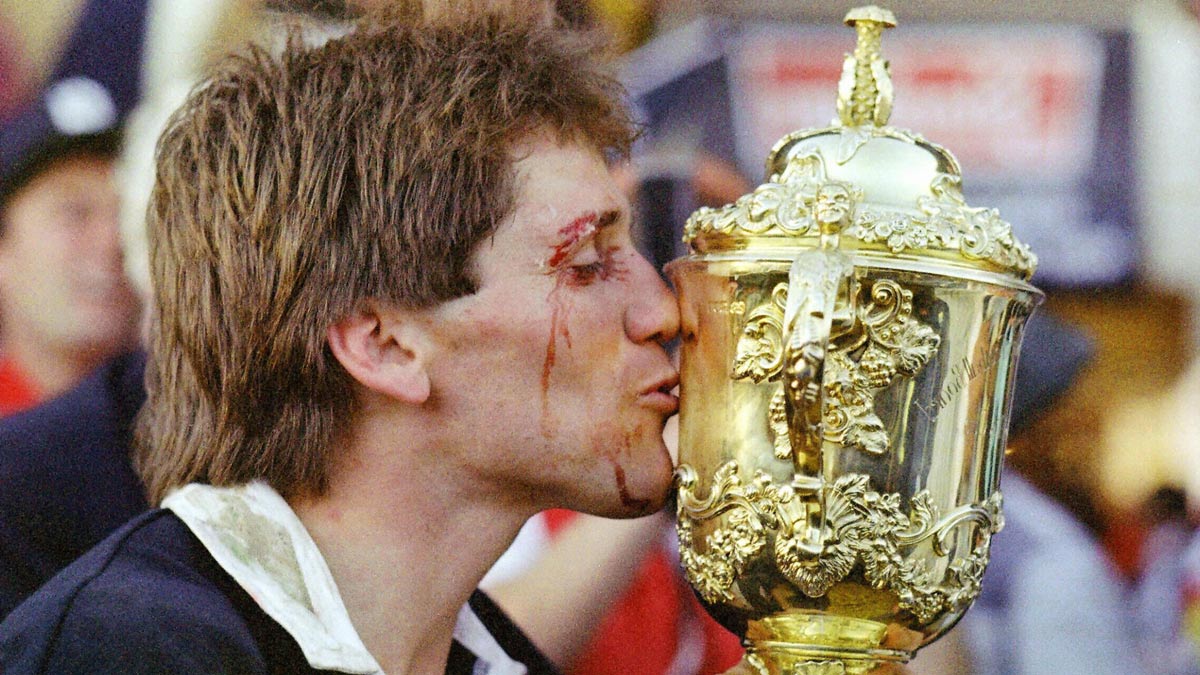
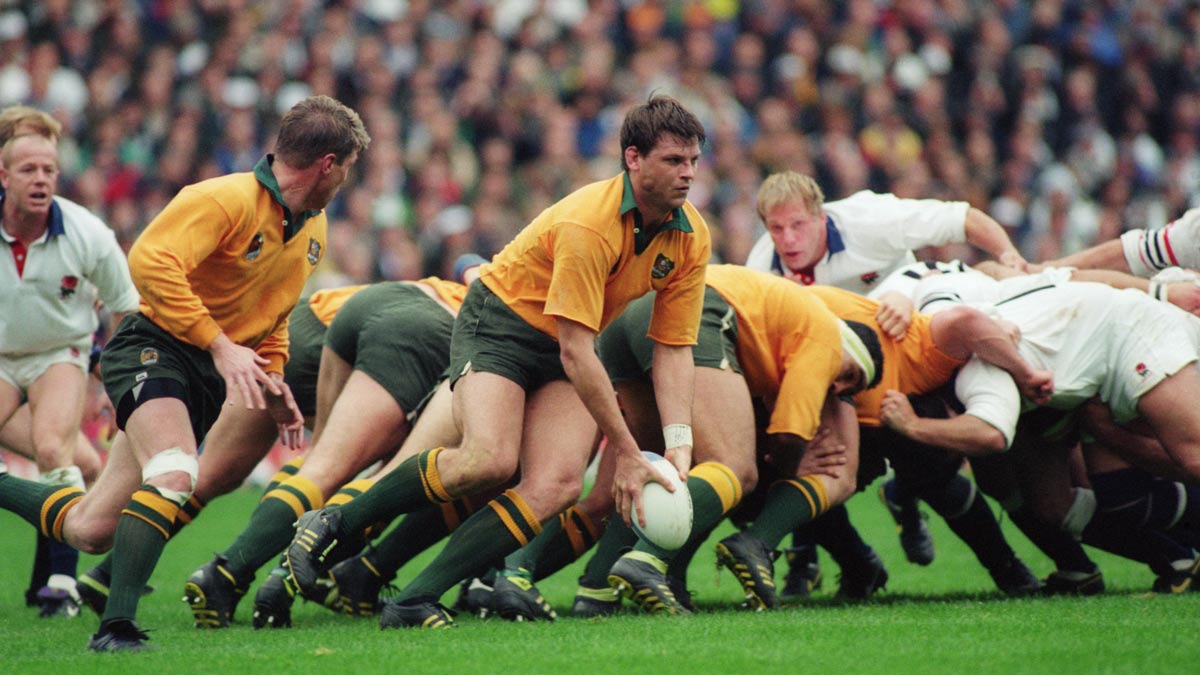
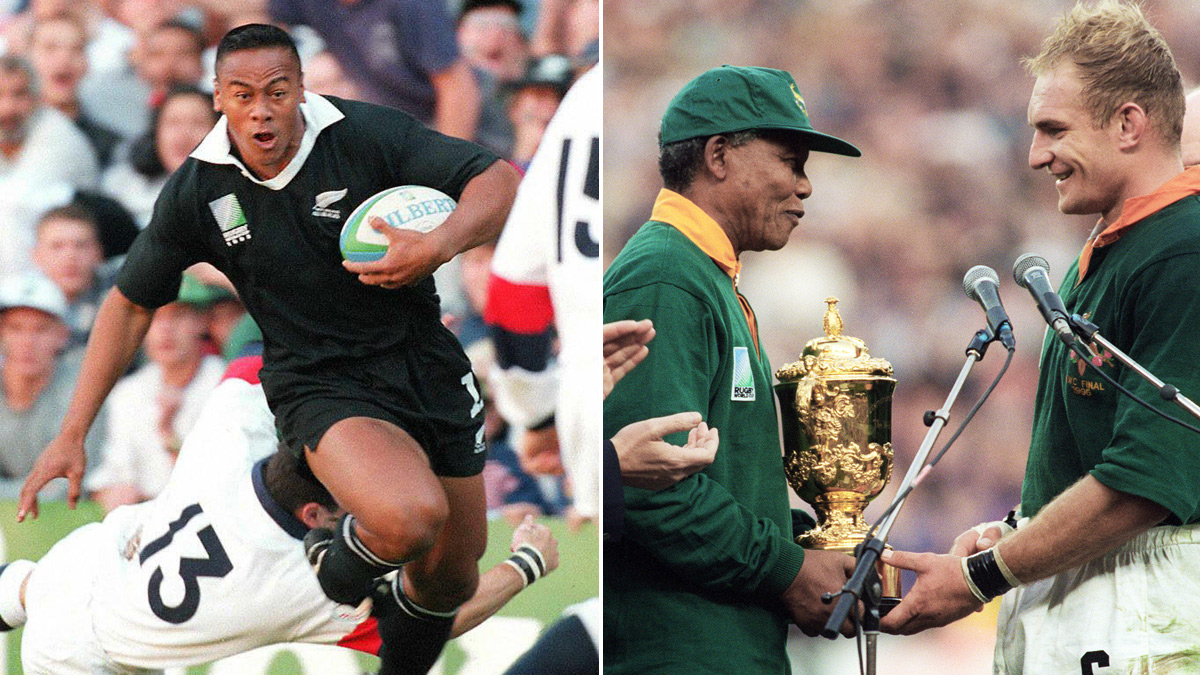
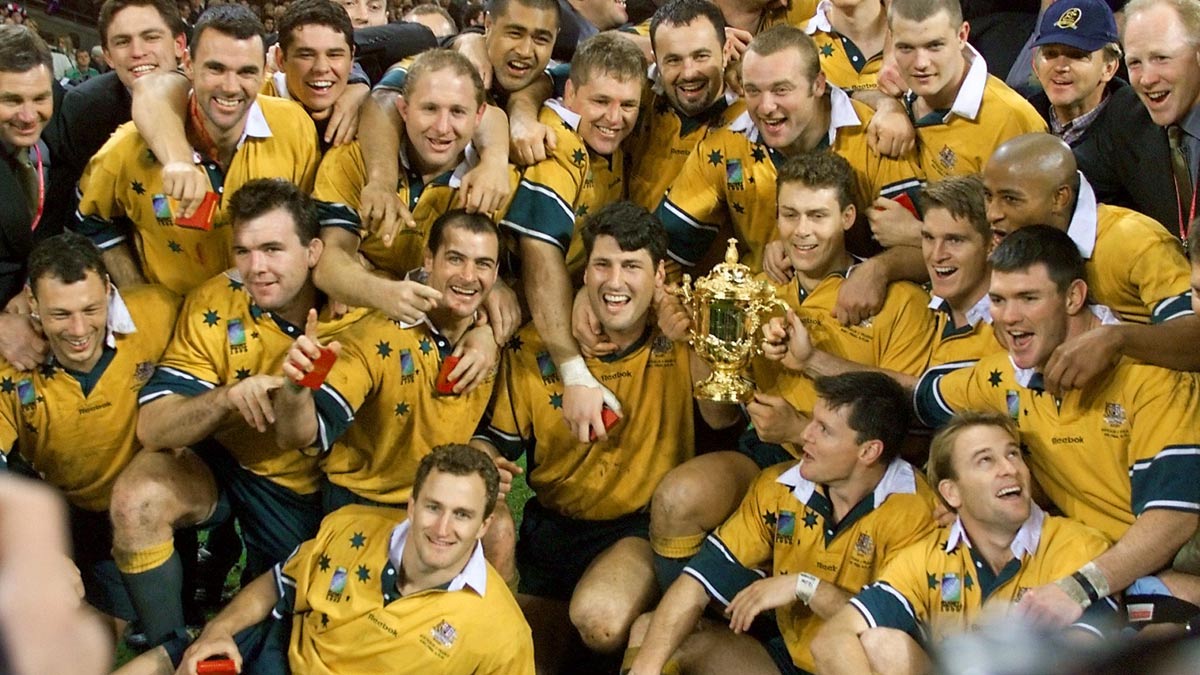
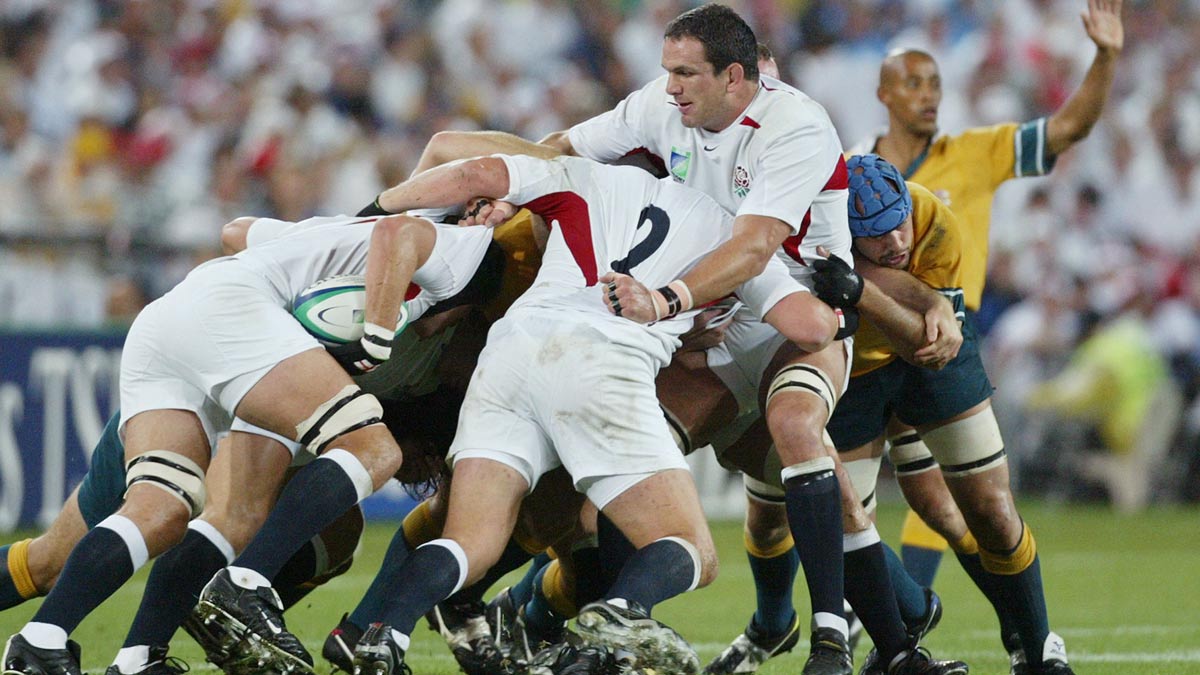
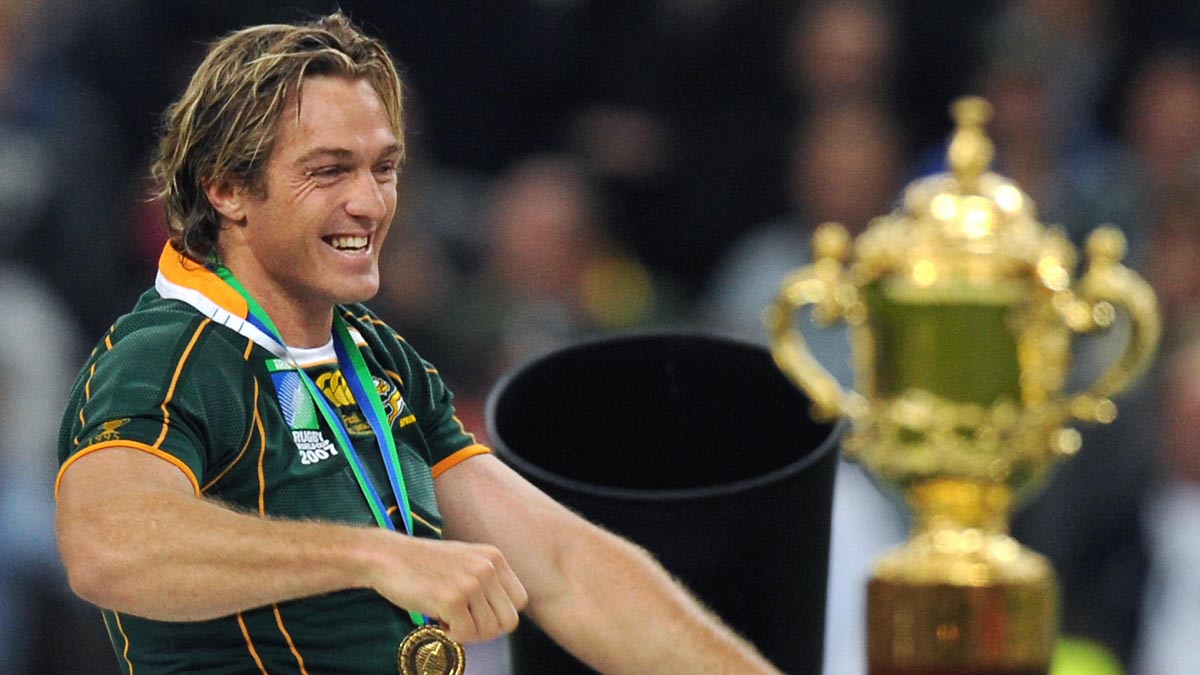
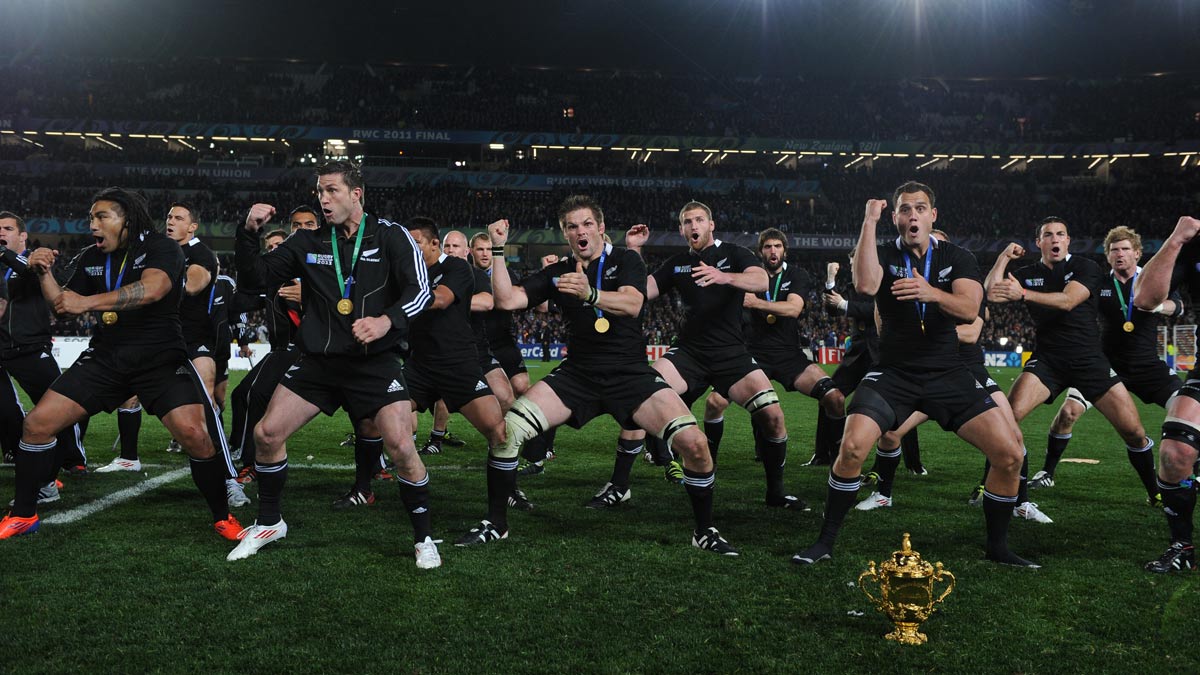
In the beginning... 1987
It didn't seem that anybody really wanted a Rugby World Cup. The sport's governing body, the International Rugby Board, had rejected a number of approaches. One was from sports marketing experts IMG, widely recognised as a force behind the growth of golf into a global game. It was the threat of a breakaway competition, with echoes of Kerry Packer's disruptive influence on cricket, which galvanised the rugby authorities to give it a go in 1987.
And where better to start than New Zealand, a country with the game at its very heart? Zimbabwe were invited in the place of apartheid-torn South Africa. The USSR sent a series of financial demands with their invitation - which were ignored. Meanwhile, Fiji's spot in the competition was in question after a military coup led by former Fiji international rugby player Colonel Rambuko.
The Week
Escape your echo chamber. Get the facts behind the news, plus analysis from multiple perspectives.

Sign up for The Week's Free Newsletters
From our morning news briefing to a weekly Good News Newsletter, get the best of The Week delivered directly to your inbox.
From our morning news briefing to a weekly Good News Newsletter, get the best of The Week delivered directly to your inbox.
The chaotic backdrop was matched by a general sense of uncertainty about leading the game towards an inevitable era of professionalism. Most players were forced to make significant personal sacrifices to play.
Many took unpaid leave from their jobs, leaving their families for weeks. Meanwhile, there were mutterings that some of the southern hemisphere teams (players from the host nation in particular) were breaking the amateur code with paid endorsements and advertising contracts.
On the pitch, New Zealand were faster, stronger, fitter and skilful than every other team. The pack was marshalled superbly by Wayne Shelford, scrum-half and skipper David Kirk made the backs tick, while giant winger John Kirwan established his reputation as a world-class player. They beat France 29-9 in the final.
Wales fared best of the home nations, edging past Australia in the third-place playoff.
A free daily email with the biggest news stories of the day – and the best features from TheWeek.com
The whole affair was summed up perfectly by a quote from Kiwi hooker Sean Fitzpatrick in Gerald Davies' History Of The World Cup: "We went to the pub and had a few beers and Craig Green turned to me and said, 'We've just won the World Cup, but on Monday morning at 5.45am I'll be standing on the corner of my street with my lunch box waiting to be picked up to go roofing.'"
Bigger and better? 1991
It was generally considered that the inaugural World Cup had flown under the radar of the general public. Greater things were expected from the 1991 tournament, held in the northern hemisphere and jointly hosted by the countries competing for the annual Five Nations championship.
England was the form side of the home nations, having won the Grand Slam in 1991, but Australia entered the tournament as clear favourites.
In beating Wales at Cardiff Arms Park during the group stages, Western Samoa announced their arrival on the international rugby scene and took their place in the quarter-finals. Nobody could stop Australia, though. England reached the final and demonstrated an attacking verve for the first time in the tournament, but the Aussies won the final held at Twickenham, 12-6.
By the end of RWC 1991, the tournament had grown into an event that was attractive to broadcasters and sponsors. The 1987 World Cup had turned in a reported profit of £120,000. The 1991 tournament was expected to make close to £25m.
The sport remained awkwardly amateur, but there was no going back now.
The dawn of a new era. 1995
Riding a wave of post-apartheid optimism, World Cup debutants South Africa hosted the tournament. Inevitably, the pressure was on the South African team, led by flanker Francois Pienaar, to deliver a home win.
No spoiler alert needed here as the biggest global audience for a Rugby World Cup final witnessed Pienaar being presented the trophy by South African president Nelson Mandela. Mandela wore a Springbok jersey and cap, once synonymous with the era of apartheid.
Is this the most identifiable image of rugby union history? Probably. The scene would be recreated by Morgan Freeman and Matt Damon in the Hollywood movie, Invictus. Had the film's director Clint Eastwood tried to create a fictional character with the speed and strength of New Zealand winger Jonah Lomu, he would have been derided for taking liberties with reality.
But Lomu, nightmarish as he appeared to his opponents, was real. And rugby's first global superstar outpaced and outmuscled the English back division to score four tries in a famous 45-29 semi-final win. The mysterious bout of food poisoning, which struck 18 of the New Zealand squad prior to the final, offered an intriguing Hollywood sub-plot. A tryless match was won 15-12 by South Africa with a Joel Stransky drop goal in extra time.
Away from the action, the global administrators of the game were coming to terms with the inevitable shift towards professionalism. If they needed any convincing that the sport was robust enough to cope with the change then the success of the 1995 tournament provided it.
Australia regain the trophy. 1999
The 1999 tournament was hosted by Wales and matches were shared within the home nations and France. The first Rugby World Cup of the professional era was competed by 20 teams.
Both New Zealand (against Italy) and England (against Tonga) notched up 100 points against the opposition. Wales managed to reach the quarter-finals despite another embarrassing home defeat – this time to the whole of Samoa. Home nation quarter-finalists England were on the receiving end of a world record five drop-goals from South African outside-half Jannie de Beer, while Scotland lost 30-18 to New Zealand.
France produced the best performance of the tournament, beating New Zealand 43-31 in the semifinal at Twickenham, despite an obvious reluctance to go anywhere near the unstoppable Lomu.
As the rest of the sides huffed and puffed their way through the tournament, Australia breezed through to the final. They beat France 35-12 at The Millennium Stadium, conceding just one try throughout. As French captain Raphael Ibanez confessed, “The Australians played like a team used to high level matches while we were like kids playing a World Cup final."
The English machine. 2003
No northern hemisphere team had come close to winning the Rugby World Cup. But none had been in better shape to do so than England in 2003. The side, captained by Martin Johnson and coached by Clive Woodward, had won the Grand Slam earlier in the year and beaten New Zealand away from home for only the second time in their history.
England were favourites, despite the tournament being held in Australia.
More significantly, they didn't appear troubled by the level of expectation. Their passage to glory was nothing like as comfortable as it had been for Australia in 1999, despite sticking over 80 points on Georgia and 111 points on Uruguay at the group stage. England managed to escape punishment for briefly having 16 players on the pitch when Samoa had them on the rack, and showed great character in their quarter-final match to defeat a Welsh side that appeared to have found form by accident rather than design.
Australia's record 142-0 win over Namibia at the group stage gave further indication of the widening gulf between the professional elite of rugby and the emerging nations. An interception try from Australia's Stirling Mortlock helped the hosts overturn the odds to beat New Zealand in the semi-final. The rest, as every rugby fan will know, is history.
England lived up their pre-tournament billing as the team who refused to be beaten. The final ebbed and flowed, as England took control, only to see Australia fight back to earn extra time. Four years of tireless work from England came down to one unforgettable drop-goal from Jonny Wilkinson.
For once, rugby union was the primary focus of the nation. But not for Wilkinson's mother, Phillippa. “I was in the supermarket and the lady on the vegetable counter heard it," she said.
Argentina eclipse New Zealand. 2007
France hosted RWC 2007, with matches being played in Wales and Scotland. Argentina took the tournament by storm in beating the host nation 17-12 in the first fixture of the tournament. Statistically, it was no shock, Los Pumas having defeated France in the previous five of six fixtures. But still, this was the World Cup.
England's 2003 World Cup had signalled the end of an era, rather than the beginning as Clive Woodward had planned for. After a shocking 36-0 drubbing to South Africa in the group stage, England eventually became a force to be reckoned with.
Fiji dumped Wales out of the tournament at the group stage with an exhilarating 38-34 win, demonstrating that beguiling combination of strength, speed and dexterity that have become increasingly hard to exhibit in the modern game.
France also provided a shock by defeating New Zealand 20-18 in a quarter-final match that bore so little resemblance to the free-flowing Fijian style that you might have thought you'd turned up at the Cardiff & District arm wrestling championships by mistake.
The neutrals hoped Argentina would go all the way to the final, but South Africa proved too powerful in a 37-13 semi-final win. France were confident going into their semi with England. They'd beaten the best team in the world in the previous round and had beaten England five times in their previous six fixtures. Naturally, they lost 14-9. The final turned into a kicking competition between South Africa's Percy Montgomery and England's Jonny Wilkinson. The Springboks emerged victorious 15-6.
Argentina's 34-10 win in the third place playoff against France was seismic stuff in the world of rugby union. It may seem weird that the team who came third in a world championship provided the defining memories of RWC 2007, but it was that kind of tournament.
The rise of the All Blacks. 2011
Tonga provided the shock of RWC 2011 in New Zealand, with a stirring 19-14 defeat of France in the pool stage. The French crawled into the quarter-finals thanks to a losing bonus point, but the division between the coach, Marc Lievremont, and his players appeared insurmountable.
Ireland, England and Wales made the quarter-final stage, but all the momentum was with Wales. Too much of it, in fact. Welsh captain Sam Warburton's unintentional tip tackle on French wing Vincent Clerc led to him being sent off after just 19 minutes. France made the final by a point, while New Zealand beat Australia 20-6.
Many predicted a rout in the final. New Zealand had already beat France 37-17 at the pool stage and few could explain how the French had actually managed to make it that far – least of all their coach.
Everyone also seemed to underestimate the weight of expectation on the New Zealand team's shoulders. Their performance in the lowest scoring final in Rugby World Cup history was not how it was meant to be, but one simple fact remained: the All Blacks had won, 8-7.
France's courage and commitment in the final had given them some kind of rugby redemption too. So after 24 years of hurt for the Kiwis, the Webb Ellis Cup made the circuitous journey back to its spiritual home.
-
 ‘States that set ambitious climate targets are already feeling the tension’
‘States that set ambitious climate targets are already feeling the tension’Instant Opinion Opinion, comment and editorials of the day
-
 Mixing up mixology: The year ahead in cocktail and bar trends
Mixing up mixology: The year ahead in cocktail and bar trendsthe week recommends It’s hojicha vs. matcha, plus a whole lot more
-
 Labor secretary’s husband barred amid assault probe
Labor secretary’s husband barred amid assault probeSpeed Read Shawn DeRemer, the husband of Labor Secretary Lori Chavez-DeRemer, has been accused of sexual assault
-
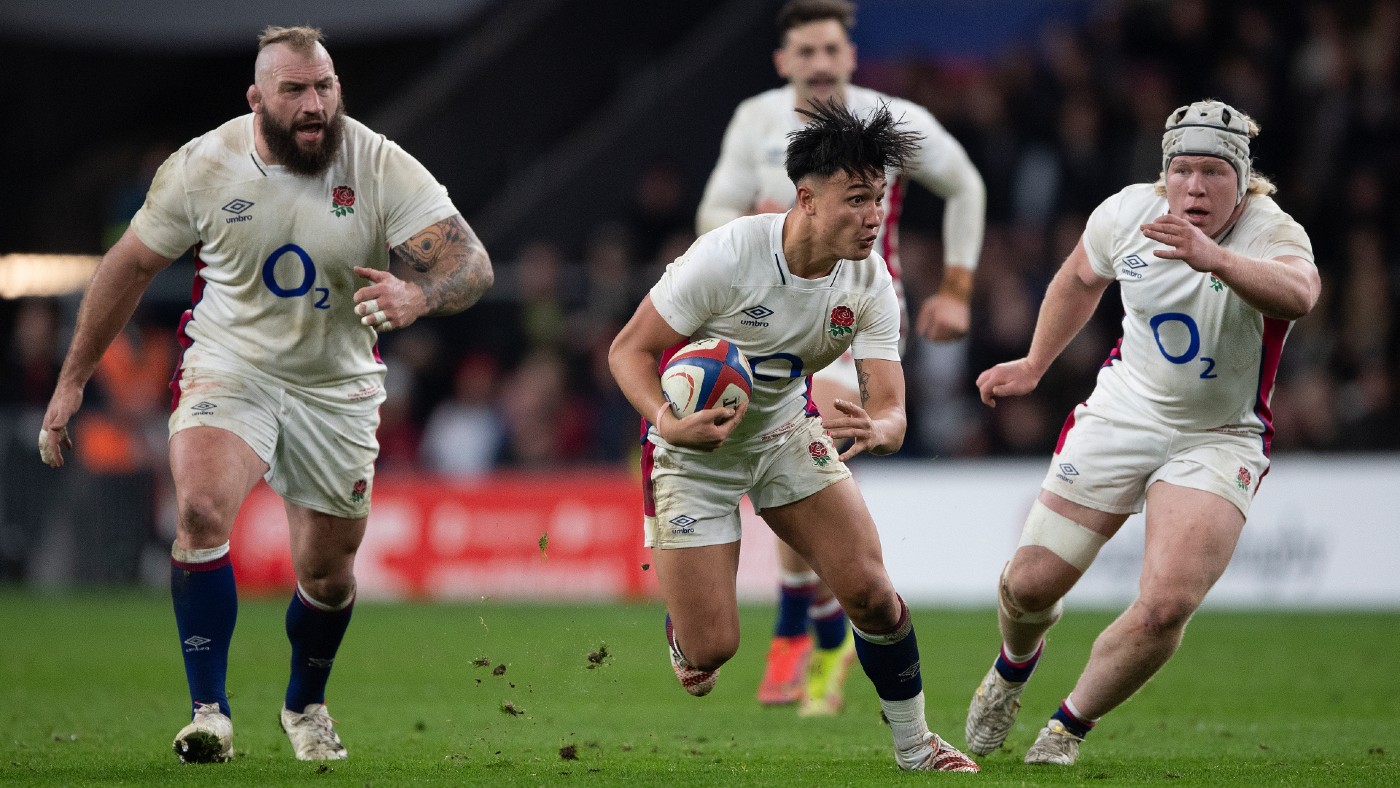 Rejuvenated England show spirit, unity and ‘never-say-die courage’
Rejuvenated England show spirit, unity and ‘never-say-die courage’feature Eddie Jones’s new-look side complete autumn Test clean sweep by toppling South Africa
-
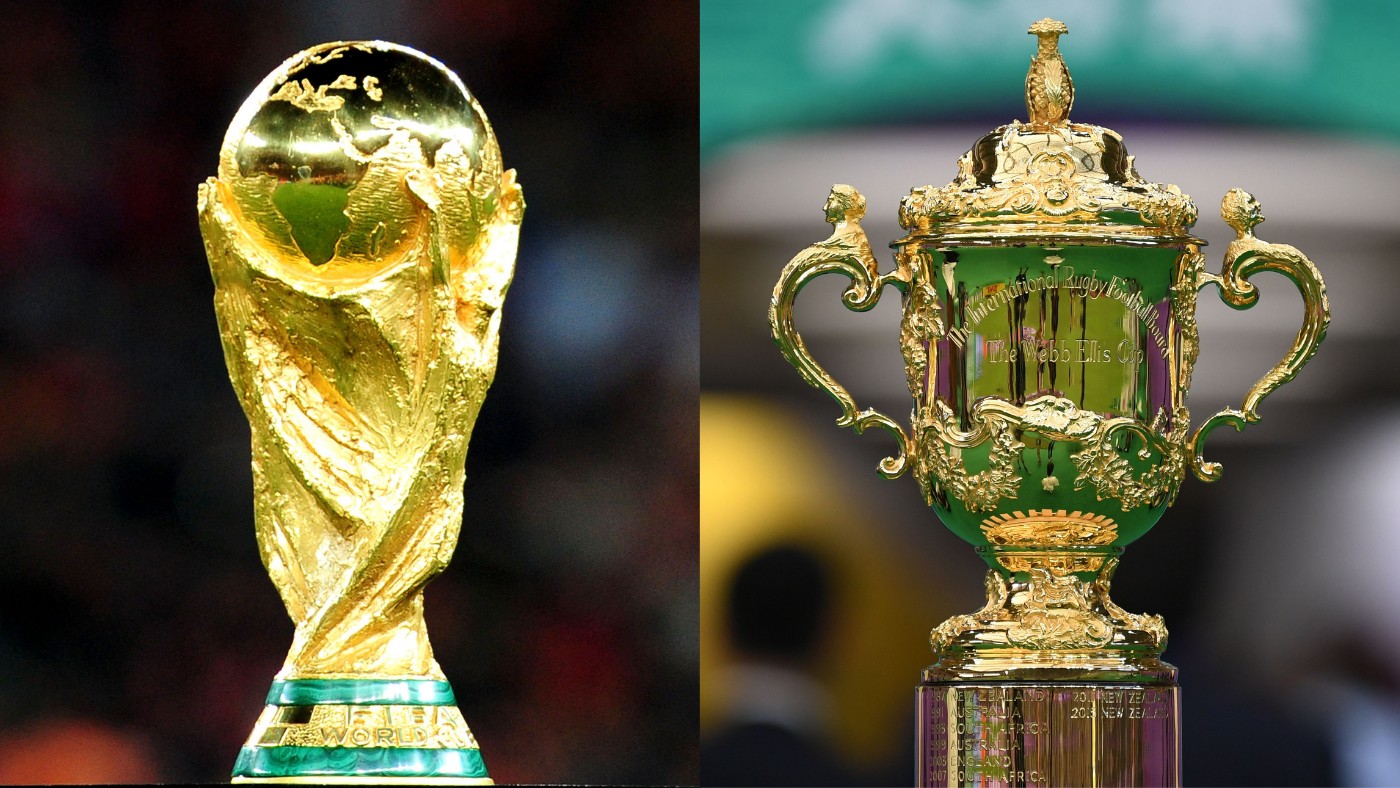 A World Cup every two years - for football and rugby union?
A World Cup every two years - for football and rugby union?Pros and Cons Governing bodies of both sports are discussing the option of biennial tournaments
-
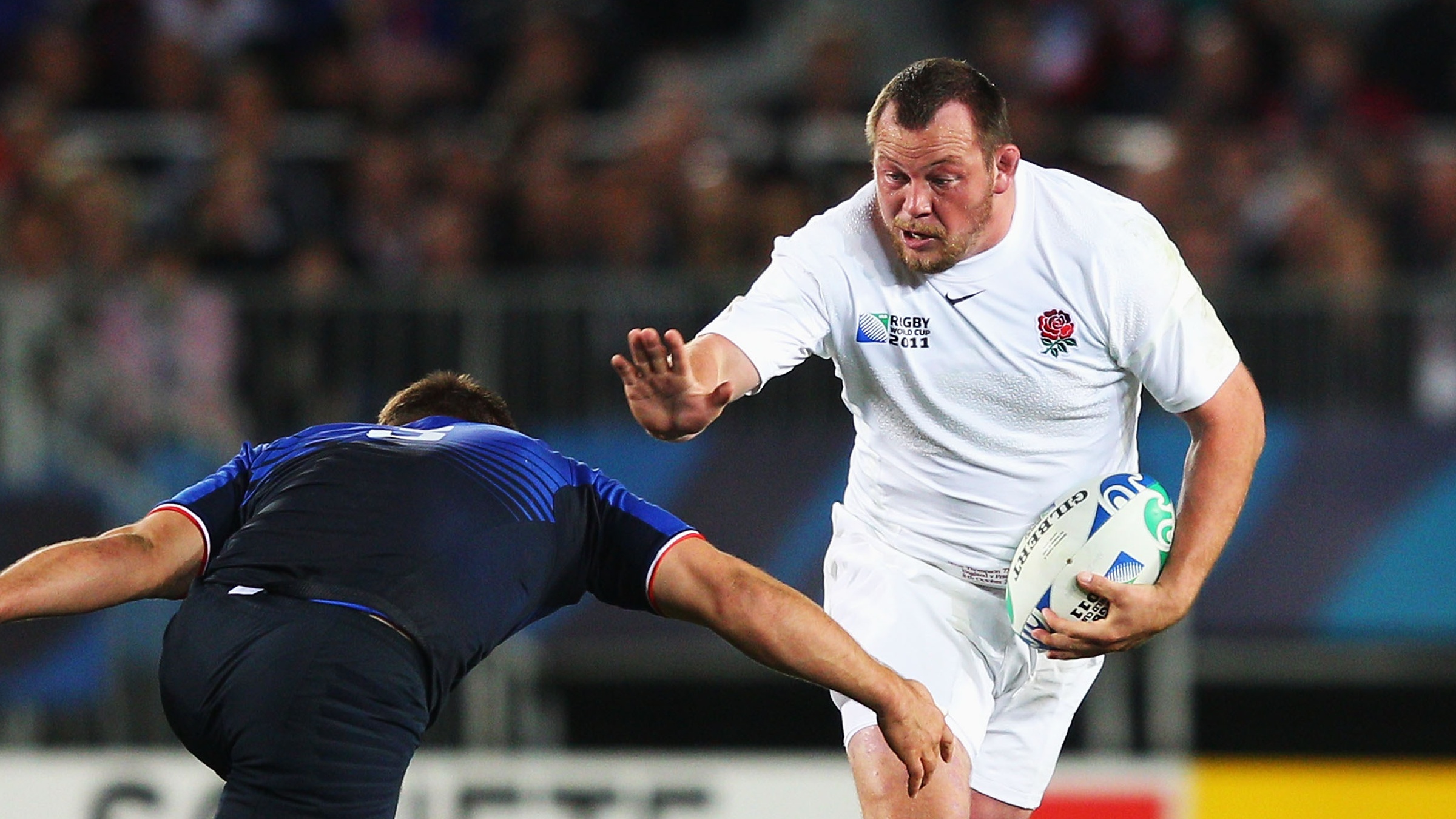 Rugby union lawsuits: impact could be ‘astronomical’ for governing bodies
Rugby union lawsuits: impact could be ‘astronomical’ for governing bodiesSpeed Read RPA says training protocols ‘need addressing very quickly’ over head injuries
-
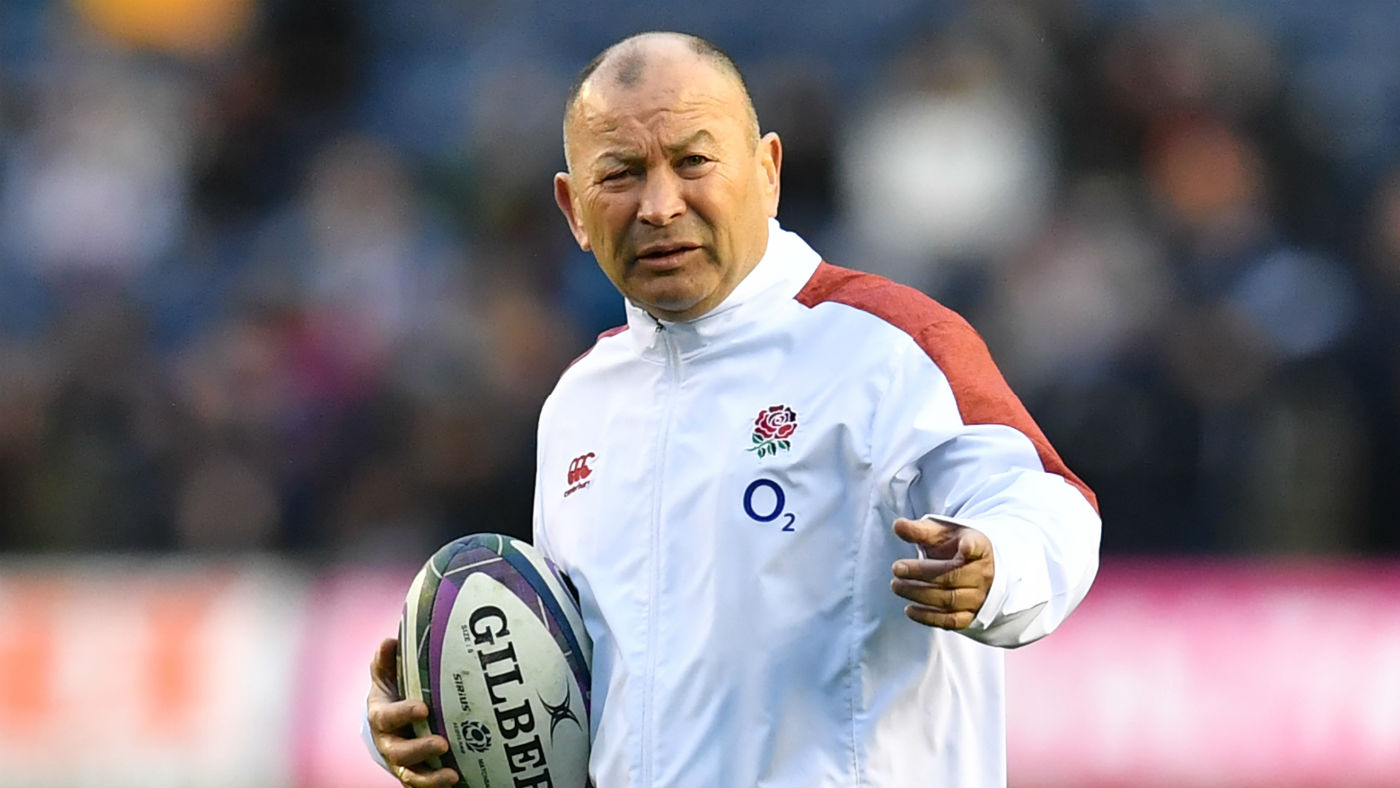 Sport shorts: Eddie Jones to lead England at 2023 Rugby World Cup and Barcelona want Neymar-Griezmann deal
Sport shorts: Eddie Jones to lead England at 2023 Rugby World Cup and Barcelona want Neymar-Griezmann dealSpeed Read Ten things from the world of sport on Thursday 2 April
-
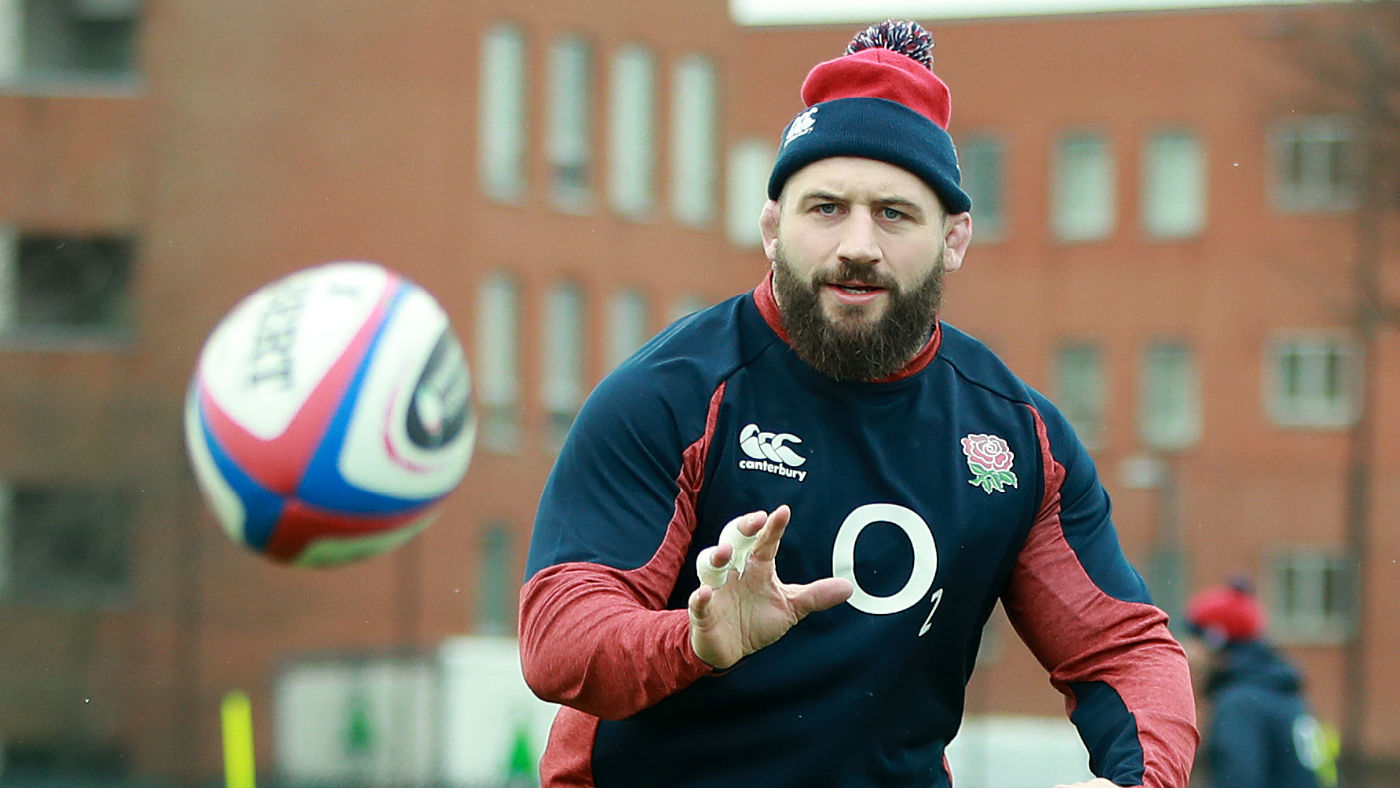 Sport shorts: Joe Marler gets ten-week ban for testicle grab and Wales vs. Scotland is off
Sport shorts: Joe Marler gets ten-week ban for testicle grab and Wales vs. Scotland is offDaily Briefing Ten things from the world of sport on Friday 13 March
-
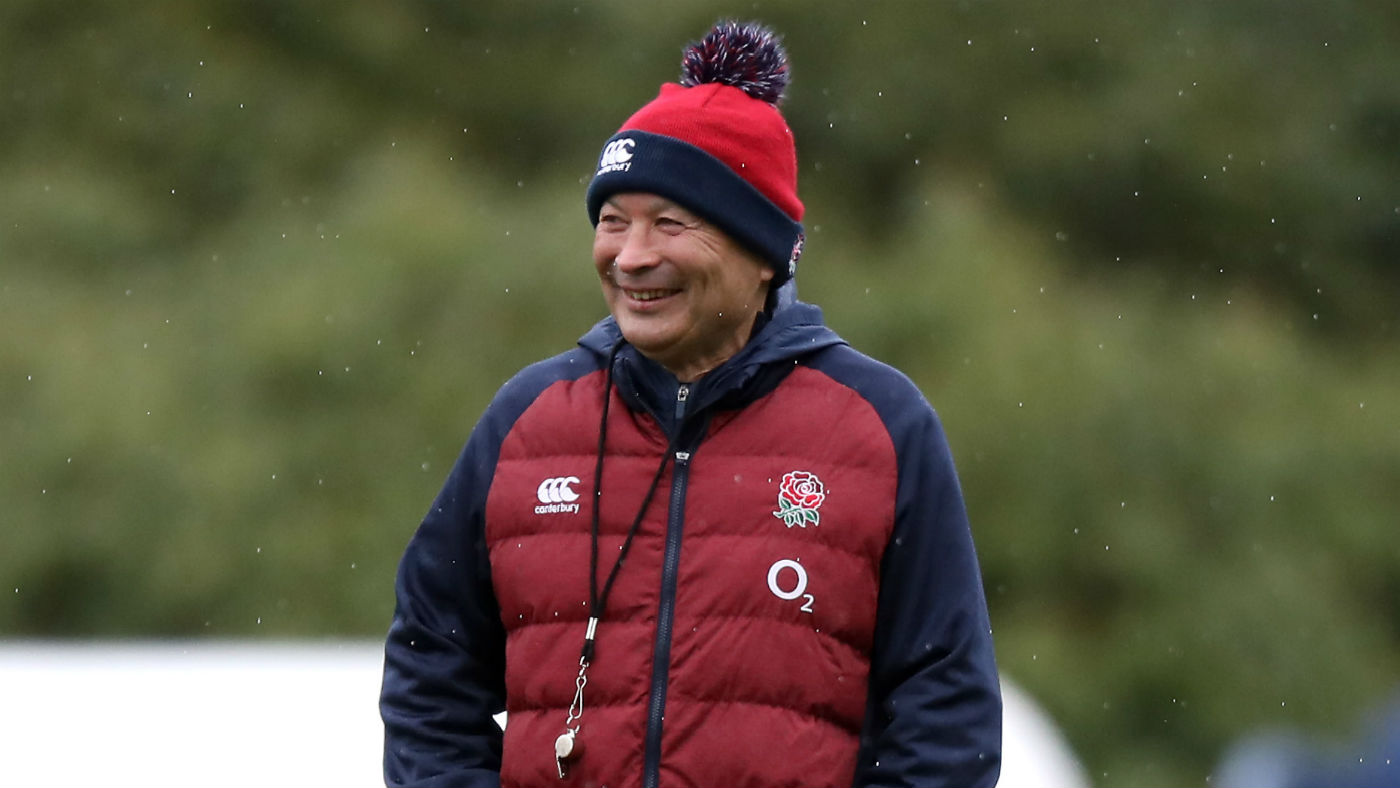 ‘We owe them one’: Eddie Jones and England are out for revenge against Wales
‘We owe them one’: Eddie Jones and England are out for revenge against WalesThe Week Recommends Defending champions Wales expect a tough challenge at Twickenham
-
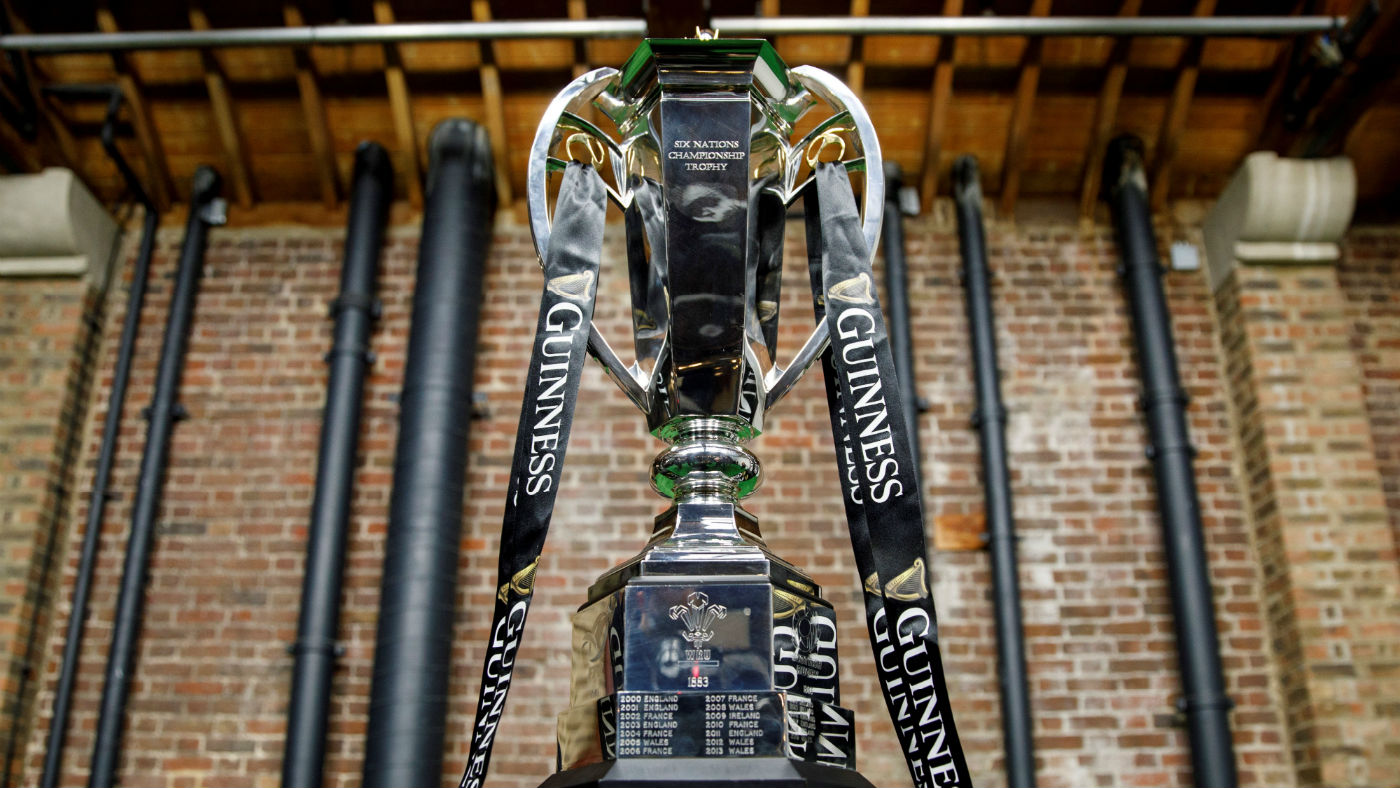 Coronavirus: England’s Six Nations finale in Italy is postponed
Coronavirus: England’s Six Nations finale in Italy is postponedSpeed Read Six Nations organisers intend to reschedule the match at a later date
-
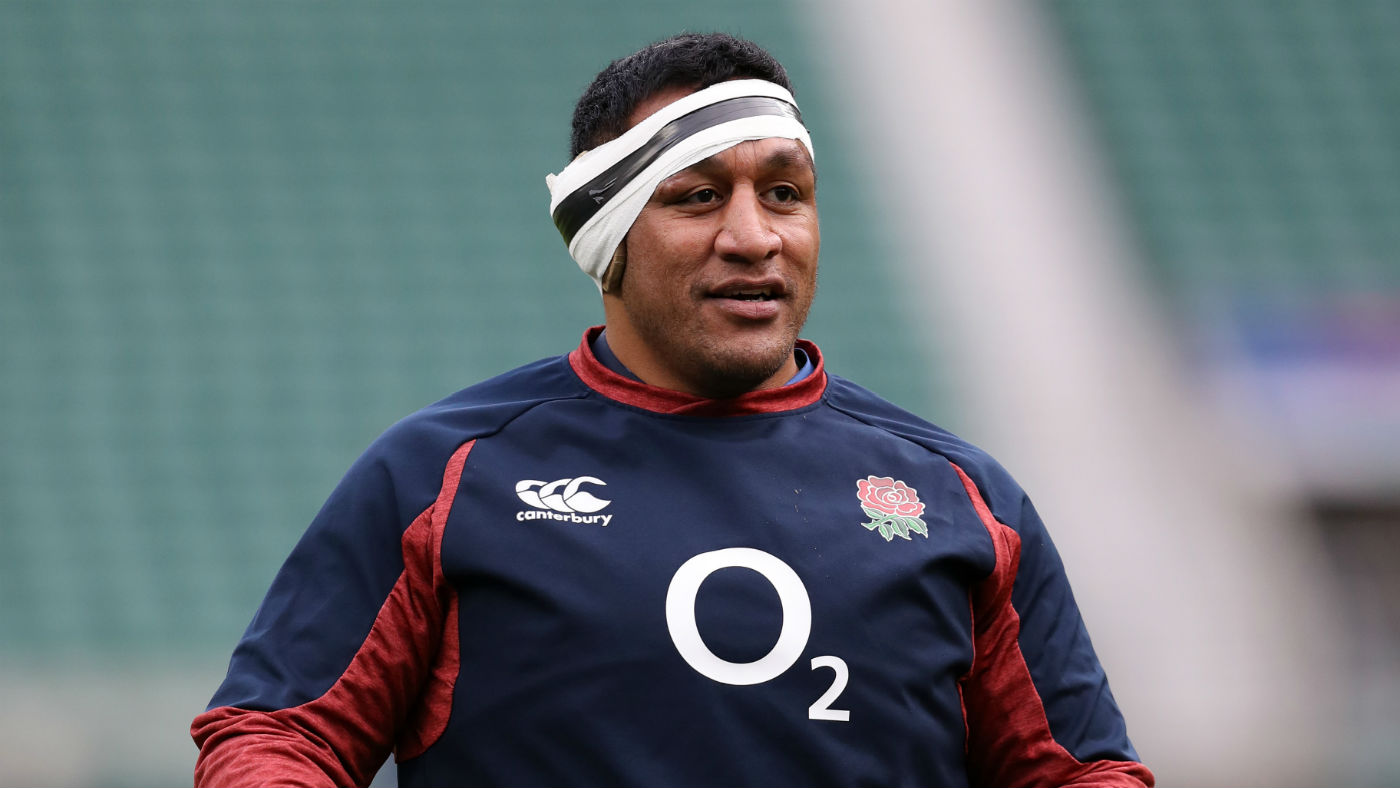 Today’s back pages: Mako Vunipola virus shock for England rugby and a howler by ‘Adriaaaan’ gifts Chelsea FA Cup win
Today’s back pages: Mako Vunipola virus shock for England rugby and a howler by ‘Adriaaaan’ gifts Chelsea FA Cup winDaily Briefing A round-up of the sport headlines from UK newspapers on 4 March